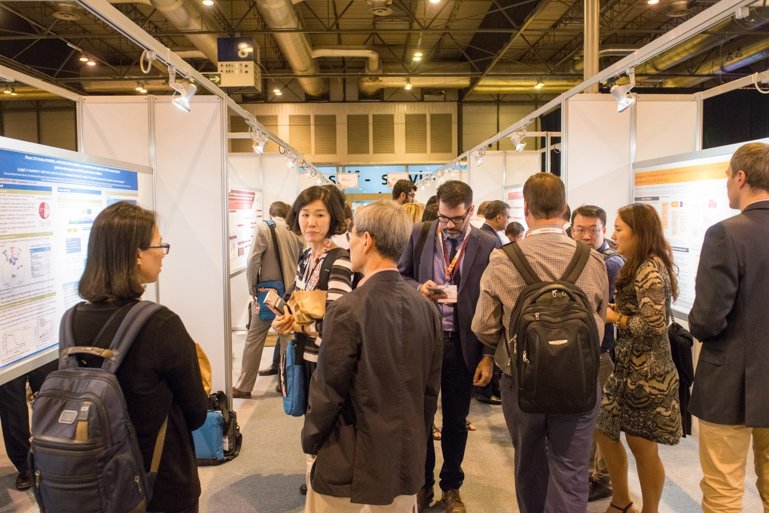Proteomic research on sarcomas is only in its infancy, but it offers potential in terms of improved biological understanding, identification of new treatment targets and generating biomarkers for patient selection and prognosis prediction
Compared with genomic studies, the cancer proteome remains largely unexplored, particularly for sarcomas, and yet proteomic studies can provide a wealth of important information since dysregulation in cancer is largely the result of effects on protein machinery. “Proteins are the targets for the vast majority of therapeutics and identification of key proteins or protein modifications mediating progression, metastasis and resistance can reveal new opportunities for therapies,” says Prof. Paul Huang from The Institute of Cancer Research, London, UK, explaining why it is important to identify key cancer hallmarks and protein-specific mechanisms for oncogenicity.
Incorporating proteomics into sarcoma research is considered particularly appropriate. “Sarcomas are highly complex,” comments Huang, “and there is inadequate biological understanding of each of the many heterogenous subtypes. In addition, many sarcomas are currently treated with the same sets of drugs, which goes against the principles of precision medicine.” He notes that there is a tremendous need to identify and develop more effective therapies for distinct histological subtypes or, where there is biological similarity, for subtypes that share specific oncogenes or tumour suppressors.
Proteomic research can also help with another missing part of sarcoma management – the identification of biomarkers for diagnosis, patient stratification, prognosis and prediction of clinical course. Huang’s recent work highlights the potential of proteomic profiles to help predict patient outcome. Sequential window acquisition of all theoretical fragment ion spectra mass spectrometry (SWATH-MS) was used to provide proteomic profiles of formalin-fixed paraffin-embedded specimens from 36 patients with soft tissue sarcomas (J Proteomics. 2021;241:104236). Based on the expression of 133 proteins, SWATH-MS identified three subgroups that had distinct profiles. One of these subgroups, of mixed histological subtypes, was associated with worse survival outcome – patients in this subgroup were 73 times more likely to die compared with one of the other subgroups and 21 times more likely to die than patients in the other subgroups.
Proteomics can provide valuable information on drug resistance mechanisms and strategies to overcome them. As an example, Huang’s group used quantitative phosphoproteomics to characterise signalling pathways enriched in rhabdoid tumour cells resistant to pazopanib and dasatinib (J Proteomics. 2018;170:130–140). Through drug-response profiling, they were also able to detect new vulnerabilities in these drug-resistant cells and identified HSP90 inhibition as a novel salvage therapy to overcome pazopanib and dasatinib resistance.
If the technology gets cheaper and more accessible, it will become more routine to incorporate proteomics into sarcoma research in a broader range of applications from basic biological characterisation to drug discovery and biomarker identification.
Looking ahead, Huang thinks that proteomic research will follow a similar trajectory as genomic research over the next few years. From a pragmatic clinical implementation point of view, Huang is hopeful that identified biomarkers may easily be measured using adapted immunohistochemical-based assays that hospital pathologists are already familiar with, without the need for new machines or outsourced services.
Finally, Huang emphasises that proteomic research is complementary to genomics, epigenomics and other ‘omics’: “A full realistic picture of the disease cannot be achieved using one approach alone – something will be missed. Over the next 5–10 years, I think the future of sarcoma research will shift away from single modalities towards integrating more holistic multi-omic analyses.”
Don't miss:
Huang P. Proteomics in sarcomas: How to identify new biomarkers? ESMO Sarcoma and GIST Virtual Symposium 2022
Update on clinical research in sarcoma field, 02.02.2022, h. 12:30 – 14:00, Channel 1






